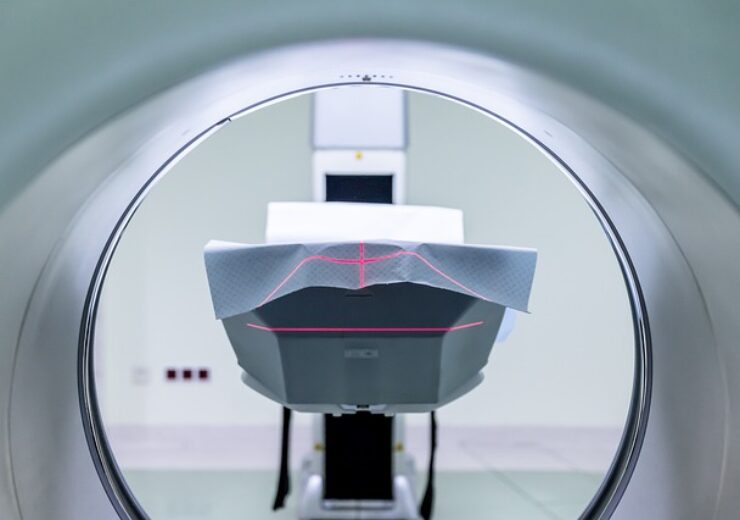The FDA approval extends the compatibility of deep learning-based AIR Recon DL technology to 3D and PROPELLER imaging applications and has the potential to enable more confident patient diagnoses in MRI

AIR Recon DL is an image reconstruction software for MRI. (Credit: Michal Jarmoluk from Pixabay)
GE Healthcare has secured the US Food and Drug Administration (FDA) 510(k) approval for its AIR Recon DL technology for use with 3D and PROPELLER imaging sequences.
AIR Recon DL is a deep-learning-based reconstruction software solution designed to enhance Magnetic Resonance Imaging (MRI) procedures.
With the FDA approval, AIR Recon DL is now allowed for use with 3D imaging sequences, and PROPELLER, a motion-insensitive imaging sequence.
The new 3D and PROPELLER imaging sequence features are said to extend the benefits of AIR Recon DL to almost all MRI procedures.
The platform covers all anatomies and enables better image quality, shorter scan times, and enhanced patient experience, said the company.
GE Healthcare stated: “AIR Recon DL and the recent extensions are available on new GE Healthcare MRI scanners, and as an upgrade for the vast majority of GE Healthcare’s installed 1.5T and 3.0T MRI systems.
“Beyond its efficiency and productivity benefits to the industry, this upgrade will enable previously installed scanners to refresh and function like new systems – allowing imaging facilities to enjoy the most advanced imaging capabilities on their existing systems.”
GE Healthcare claimed that its AIR Recon DL technology has already shifted the balance between image quality and scan time.
With its compatibility expanded from 2D to 3D imaging sequences, physicians can rapidly diagnose patients with an improved signal-to-noise ratio (SNR) and sharpness.
In addition, 3D imaging offers enhanced clinical efficiency, and eliminates the need for radiologists to take multiple 2D acquisitions, said the company.
The AIR Recon DL’s compatibility with PROPELLER will enable physicians to obtain sharper images without the need for repeat scans.
PROPELLER is important for anatomies susceptible to motion during MRI exams, as well as subjects who have difficulty staying physically still during an MRI scan.
